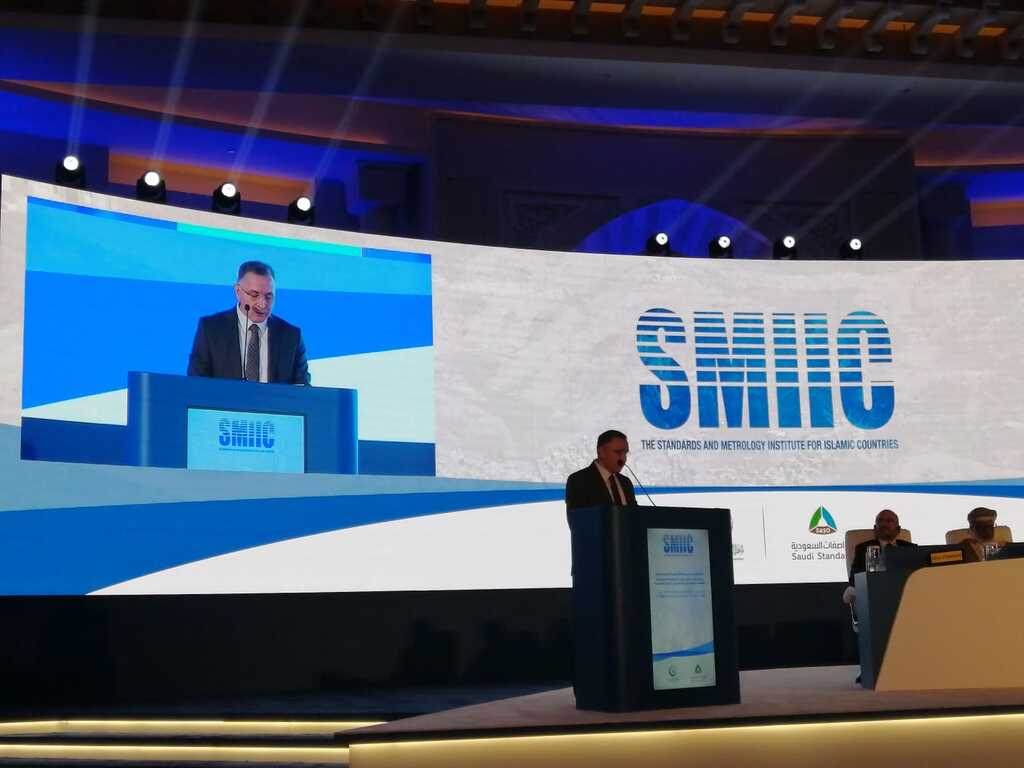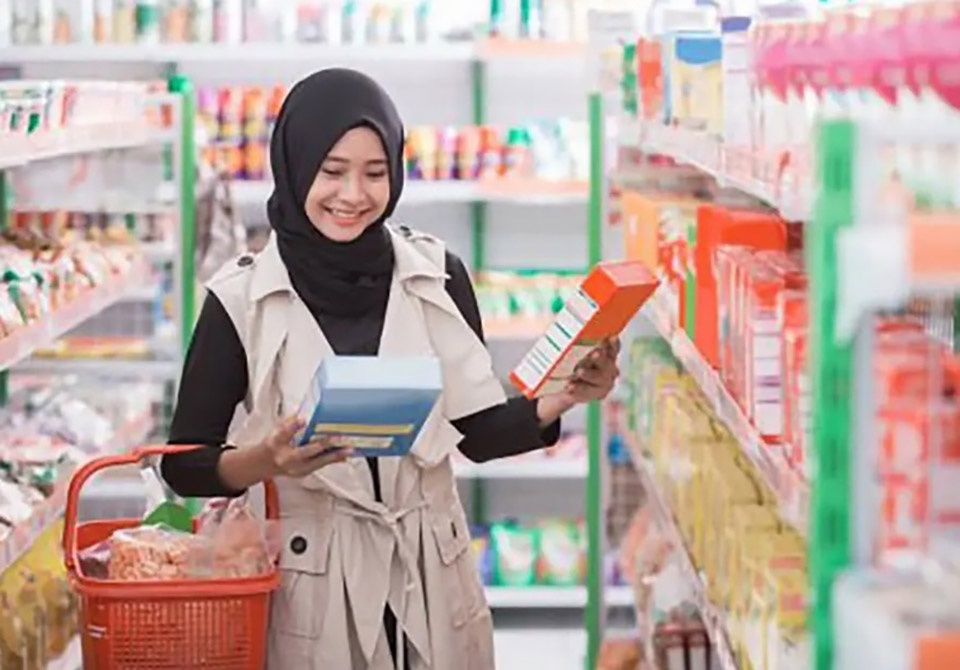Calls for global standards covering the sale of halal products have been backed by businesses.
The move would help cut red tape and give consumers more confidence, supporters say.
 At the launch of the 5th Halal Expo in Dubai yesterday, exhibitors said a single international agency issuing regulations would boost the halal market by unifying the existing system, which differs according to individual countries’ regulations.
At the launch of the 5th Halal Expo in Dubai yesterday, exhibitors said a single international agency issuing regulations would boost the halal market by unifying the existing system, which differs according to individual countries’ regulations.
“We have had very informal talks with the Dubai Chamber of Commerce about this issue and it is something we feel would be of benefit to everyone,” said Datuk Hajah Rohani Binti Haji Abdul Karim, the Malaysian minister for domestic trade and consumerism.
“This is at the very early stages but I believe it can gain ground.”
The minister was speaking at the start of the three-day event at the Radisson Blu hotel at Deira Creek.
The global halal industry, which includes food, health services and cosmetics, is estimated to be worth US$2.1 trillion in Muslim countries alone.
Malaysia has one of the toughest regimes regulating its domestic halal market, which is under one governing body.
“Having something perhaps along the lines of the ISO [International Organisation for Standardisation], in which everyone knows what the rules and standards are, would make it clear for everyone,” Mrs Abdul Karim said. She believes a number of bodies, such as the Organisation of the Islamic Conference (OIC) and the World Halal Forum, could help look into the issue.
Global Halal Market $667billion
The annual global halal food market is worth $667 billion, accounts for 20 per cent of the international food industry and is growing by 16 per cent each year.
“A single regulatory body is a wonderful idea,” said Hameed Ahmed, managing director of Medina Health Care products in the UK.
The company makes halal and vegan skincare products, including hand creams and hair products designed specifically for women who wear the hijab.
“At the moment, some countries have more than one halal regulatory body and sometimes there is confusion about the rules,” Ms Ahmed said. “One international body would take the guesswork out of the process and we would know what is required.
“The UAE and Dubai could play an important role because it’s such an important trading hub. They could have it headquartered here.”
Important elements of halal regulation cover preparation, ingredients used and storage, ensuring there is no risk of contamination with pork products.
“Halal is not just for Muslims, it is also for non-Muslims because a vital aspect is hygiene and cleanliness,” said Christopher Tay, executive director of Bangi Kopitiam, a Malaysian coffee-shop chain.
“The potential for halal products and services is amazing and not just among Muslim countries.
“If people know what they are eating or drinking has gone through stringent tests and checks to maintain safety, they will buy it.”
Anup Lodaya, a sales representative with Emirates Gourmet, a halal importer based in Dubai, said a universal standard would reduce paperwork and red tape.
The company brings in halal confectionary, beverages and cereals from the United States and Europe.
“Even though something is certified as halal in one country doesn’t mean it will be accepted in another,” he said.
“All of the things we import here have to undergo checks with Dubai Municipality before they are allowed on the market.
“A unified international system would help speed up that process.”



